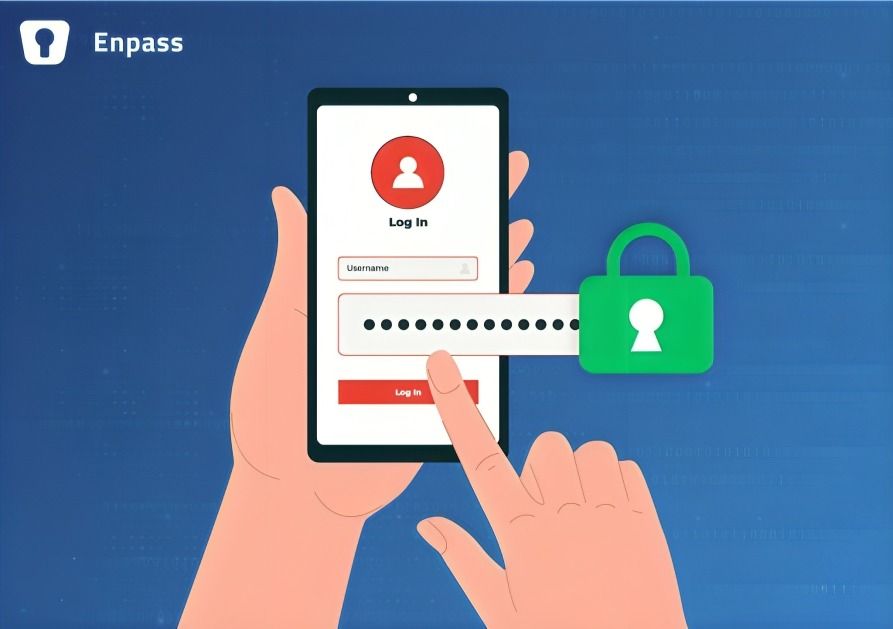
“
Online gaming offers endless fun but also brings safety risks. To enjoy your favorite games without worry, it's crucial to understand how to stay safe. Our guide, "Facts About Staying Safe in Online Games," provides essential tips and advice to help you navigate the digital gaming world securely. From protecting your personal information to recognizing potential threats, these 20 facts will give you the knowledge to enjoy a safer gaming experience. Explore our guide to make informed choices and ensure your online gaming adventures remain enjoyable and secure.1
1
”
Playing games online can expose players to cyber threats, such as phishing attacks, scams, and hacking attempts. To stay safe, never share personal details like addresses or passwords with strangers, and avoid suspicious links or downloads.1
Many online games feature chat rooms where players can communicate. While this fosters social interaction, it's important to avoid sharing personal information. Be mindful of cyberbullying, and block or report users who make you uncomfortable.2
Downloading games from unauthorized sources can introduce malware or viruses to your device. Always download from official stores or trusted platforms to ensure the game is legitimate and safe, protecting both your data and your device.3
Some online games offer in-game purchases, tempting users to spend real money. Always check with adults before making purchases and be cautious of scams, especially fake offers promising rare items or discounts outside the official platform.4
Joining gaming communities can be enjoyable, but not everyone has good intentions. Use anonymous usernames, avoid oversharing personal details, and report suspicious behavior to ensure a safer gaming experience for all.5
Be cautious of phishing attempts that mimic popular gaming platforms with fake login pages designed to steal credentials. Always double-check URLs, avoid clicking on suspicious emails or links, and access gaming sites through official channels.6

Using strong, unique passwords for each gaming account is essential for protection. Passwords should include a mix of letters, numbers, and symbols. Enable two-factor authentication (2FA) to add an extra layer of security to your gaming profiles.
Cyberbullying in games is a rising concern, especially in competitive environments. If you encounter bullying, harassment, or offensive language, use the game's reporting features and block the offending user to prevent further negative interactions.7
Parental controls are an effective tool for limiting online risks, especially for younger gamers. These controls can restrict communication, screen time, and purchases, ensuring a safer, more controlled gaming experience suited to the player's age.8
Avoid using public Wi-Fi for gaming, as unsecured networks increase the risk of hackers intercepting your data. If necessary, use a virtual private network (VPN) to protect your connection and personal information.9
Some games feature age ratings indicating content appropriateness. Parents should check these ratings to ensure children aren’t exposed to inappropriate language, violence, or other sensitive material.10
Online gaming can lead to addiction or neglect of real-life responsibilities if not managed properly. Set time limits for gaming sessions, prioritize offline activities, and ensure a healthy balance between virtual entertainment and real-world interactions.11
Always verify the identity of those you game with. Scammers may impersonate other players to gain your trust and steal personal information or game assets. Avoid giving away details unless you're certain of the person's identity.12
Some in-game rewards might be linked to suspicious third-party websites. Stick to earning rewards through official game channels and avoid sites offering "too good to be true" deals, as they could be fronts for scams or malware downloads.13

Hackers often target gamers with weak security measures. Keeping your gaming software, device, and antivirus programs updated reduces vulnerabilities, ensuring you're less likely to be affected by malware, data breaches, or other security risks.
Sharing your game achievements on social media can be fun, but be careful about revealing too much. Disable location tagging and avoid sharing details that could give away personal information to potential online stalkers or scammers.14

Young players should check with adults before joining multiplayer games or participating in chats. Not everyone online is who they claim to be, and adults can help assess the safety of the gaming environment before allowing access.
Fraudulent game offers can entice players to download malicious software. Stay safe by researching game deals before clicking on them, and always download games through official channels to avoid compromising your device or personal information.15
Game developers may include hidden tracking that collects player data. Review the game's privacy policies before playing and adjust settings to minimize data sharing, ensuring greater control over your personal information.16
Finally, know when to disconnect. If a game or chat makes you feel uncomfortable or threatened, don't hesitate to leave. It's better to stay safe than to risk personal security for the sake of staying in the game.17


